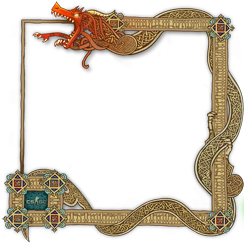Установить Steam
войти
|
язык
简体中文 (упрощенный китайский)
繁體中文 (традиционный китайский)
日本語 (японский)
한국어 (корейский)
ไทย (тайский)
Български (болгарский)
Čeština (чешский)
Dansk (датский)
Deutsch (немецкий)
English (английский)
Español - España (испанский)
Español - Latinoamérica (латиноам. испанский)
Ελληνικά (греческий)
Français (французский)
Italiano (итальянский)
Bahasa Indonesia (индонезийский)
Magyar (венгерский)
Nederlands (нидерландский)
Norsk (норвежский)
Polski (польский)
Português (португальский)
Português-Brasil (бразильский португальский)
Română (румынский)
Suomi (финский)
Svenska (шведский)
Türkçe (турецкий)
Tiếng Việt (вьетнамский)
Українська (украинский)
Сообщить о проблеме с переводом


 Jaffna, Sri Lanka
Jaffna, Sri Lanka 















The term's use as a reference to homosexuality may date as early as the late 19th century, but its use gradually increased in the 20th century. In modern English, gay has come to be used as an adjective, and as a noun, referring to the people, especially to gay males, and the practices and cultures associated with homosexuality. By the end of the 20th century, the word gay was recommended by major LGBT groups and style guides to describe people attracted to members of the same sex.